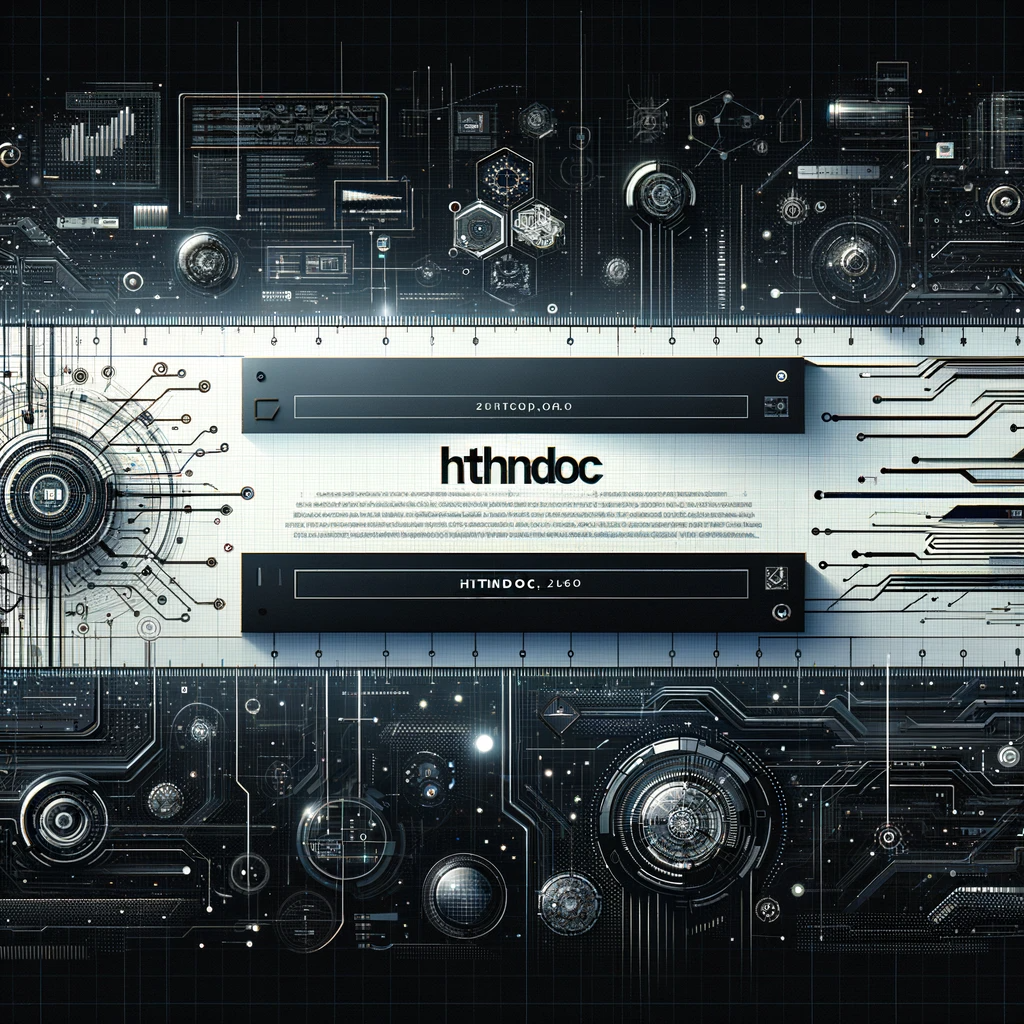Is the job at risk? Artificial intelligence and the future of work in an in-depth analysis.
The End of Work As We Know It: The Impact of Artificial Intelligence on the Future of Work
Artificial intelligence (AI) is advancing at a rapid pace, revolutionizing many aspects of our world. One of the sectors that will be significantly impacted is the world of work. In this article, we will explore in detail how AI could transform the working landscape and how we can prepare for this seismic shift.
Question: How will AI influence the future of work?
Answer: AI has the potential to automate many tasks currently performed by humans. This could lead to the disappearance of some jobs, but also to the creation of new opportunities in sectors that do not yet exist.
Jobs at Risk:
The jobs most at risk of automation are repetitive and routine ones, which do not require a high level of creativity or problem solving. These include:
Manual labor: Assembly line workers, cleaners, cashiers.
Clerical jobs: Data entry, accounting, archiving.
Back-office work: Data analysis, customer service.
New opportunities:
AI will create new opportunities in areas such as:
Development and maintenance of AI systems: Computer engineers, data scientists, machine learning experts.
Content Creation: Writers, artists, musicians, designers.
Care and assistance: Educators, nurses, social workers.
Sales and Marketing: Consultants, customer relations experts.
Preparing for Change:
To prepare for the future of work, it is important to:
Invest in lifelong learning: Acquire new skills and stay up to date on the latest technologies.
Develop problem solving skills and creativity: Skills that AI cannot easily replicate.
Promote AI education and training: Educate people about the potential and risks of AI.
Create supportive policies: Implement measures to help workers adapt to change.
Challenges and Considerations:
Unemployment: Automation could lead to increased unemployment, especially for lower-skilled workers.
Inequality: AI could exacerbate social and economic inequalities.
Ethics and responsibility: It is important to use AI in an ethically responsible way, ensuring the safety and well-being of workers.
Artificial intelligence has the potential to fundamentally transform the world of work. It is important to prepare for this change proactively by investing in lifelong learning, developing new skills and creating supportive policies. The future of work will depend on how we manage this technological revolution.





